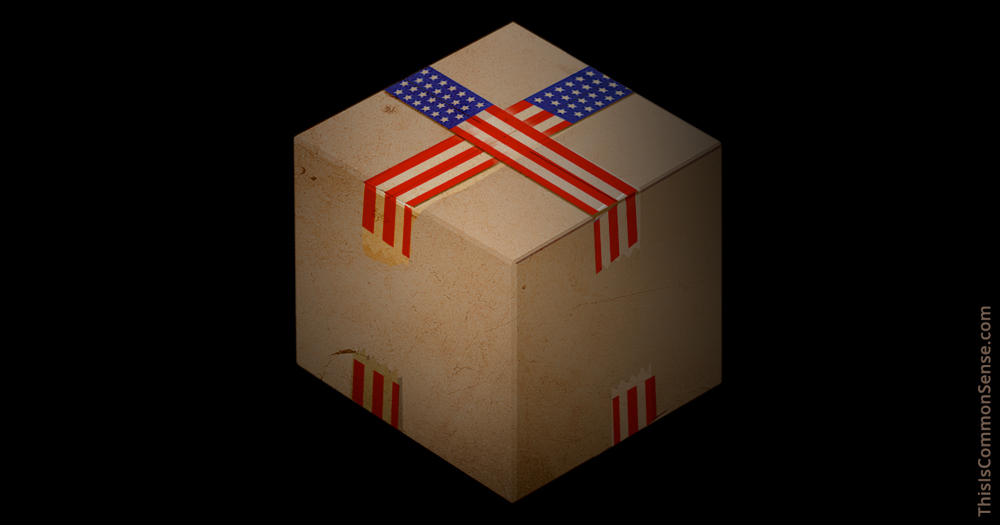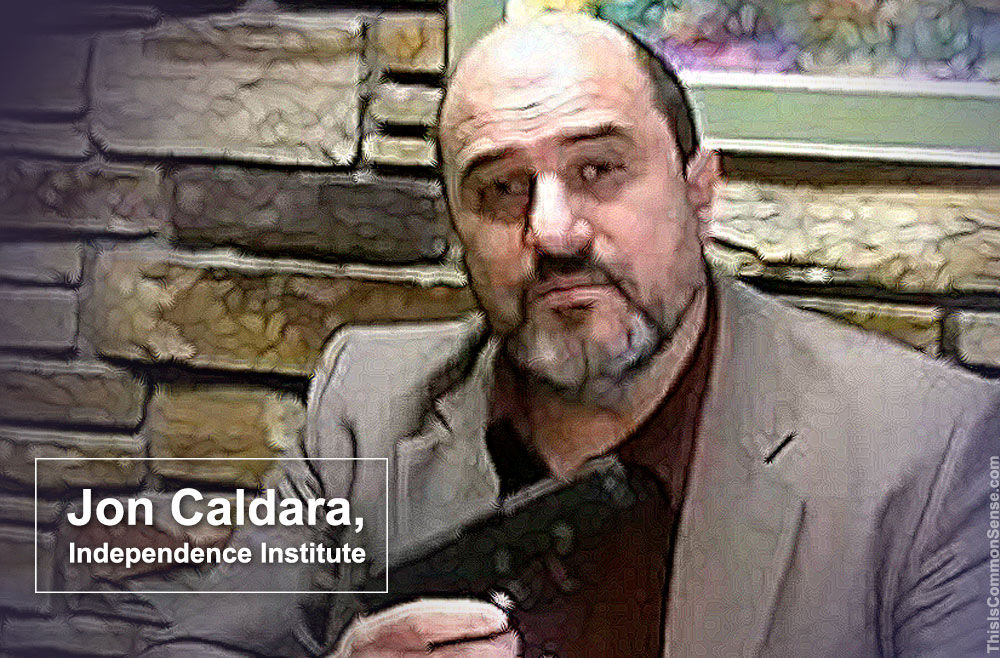If you are like me, you react to news about billionaire and convicted sex offender Jeffrey Epstein by trying to retain some composure. His recent arrest on sex trafficking charges was a long time coming, sure; and the accusations swirling around him are disgusting and alarming. But I try to remember that accusations still need to be proved.
Further, most of us are so understandably exercised against pedophiles and the sex slave trade of minors that we can easily be manipulated by mere accusations.
But the Epstein case sure looks the opposite, like he had been previously protected, not framed, by government insiders.
How so? Well, his previous plea deal regarding the “Lolita Express” “rape plane,” when compared to the swirl of accusations, seems awfully . . . light. And the evidence was illegally sealed.
Suspicious? Yes.
Which is why guerrilla publicity maven Mike Cernovich filed suit to unseal and make public the evidence in Epstein’s 2007 prosecution.
And that lawsuit is why the ground-to-a-halt gears of government justice eventually became unstuck, and new charges filed — based on old evidence.
This could be a hot potato in the upcoming election, for both President Trump and former President Clinton had relationships with Epstein.
Clinton denies what recent reports confirm: that he was a frequent flyer on the “Lolita Express.”
Trump once said Epstein “likes beautiful women as much as I do” — but later had a falling out with him.
Newsweek chose to adorn its story with a photo of Epstein and companion next to Donald and Melania. And on Wikipedia, Bill Clinton’s flight log information was stricken, and a typically loopy Trumpian statement inserted.
Secret upper echelon pedo rings have so far just been rumor. Soon we may have facts.
This is Common Sense. I’m Paul Jacob.

—
See all recent commentary (simplified and organized)










